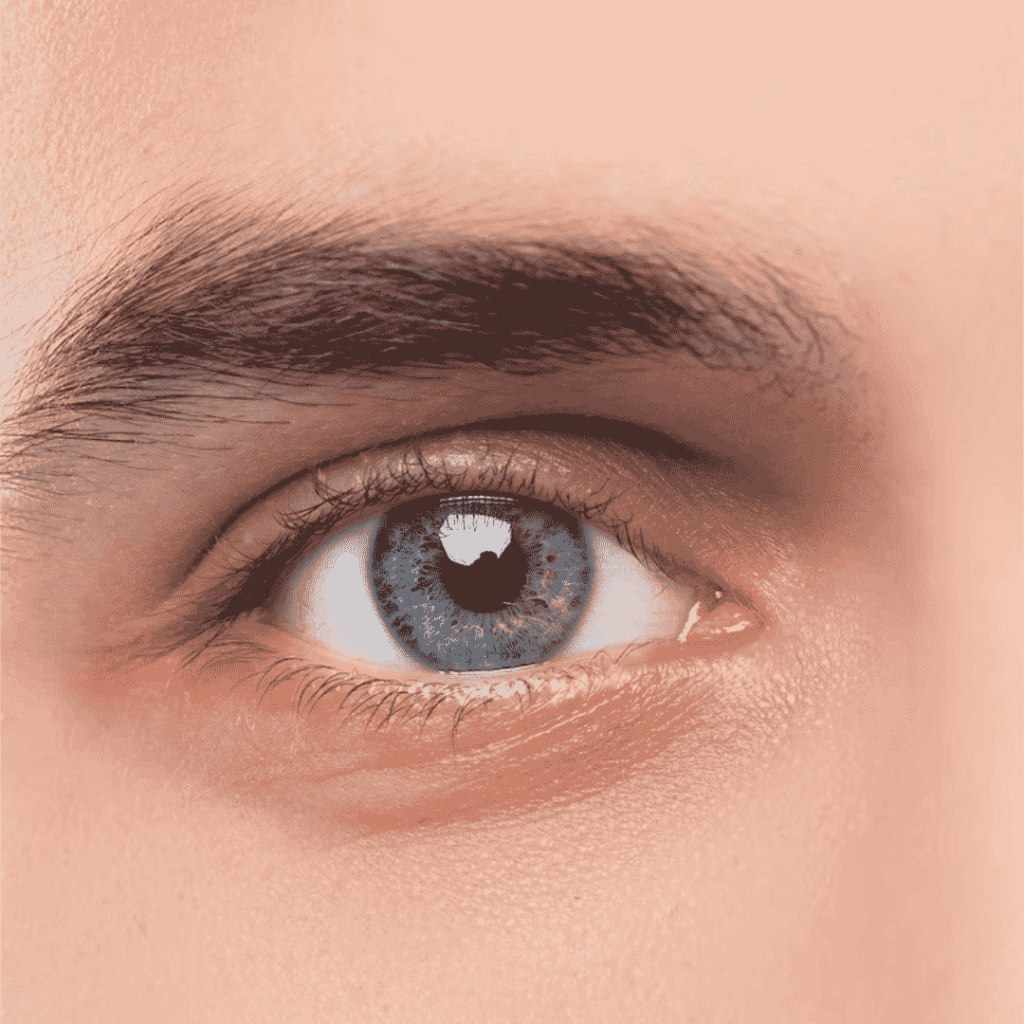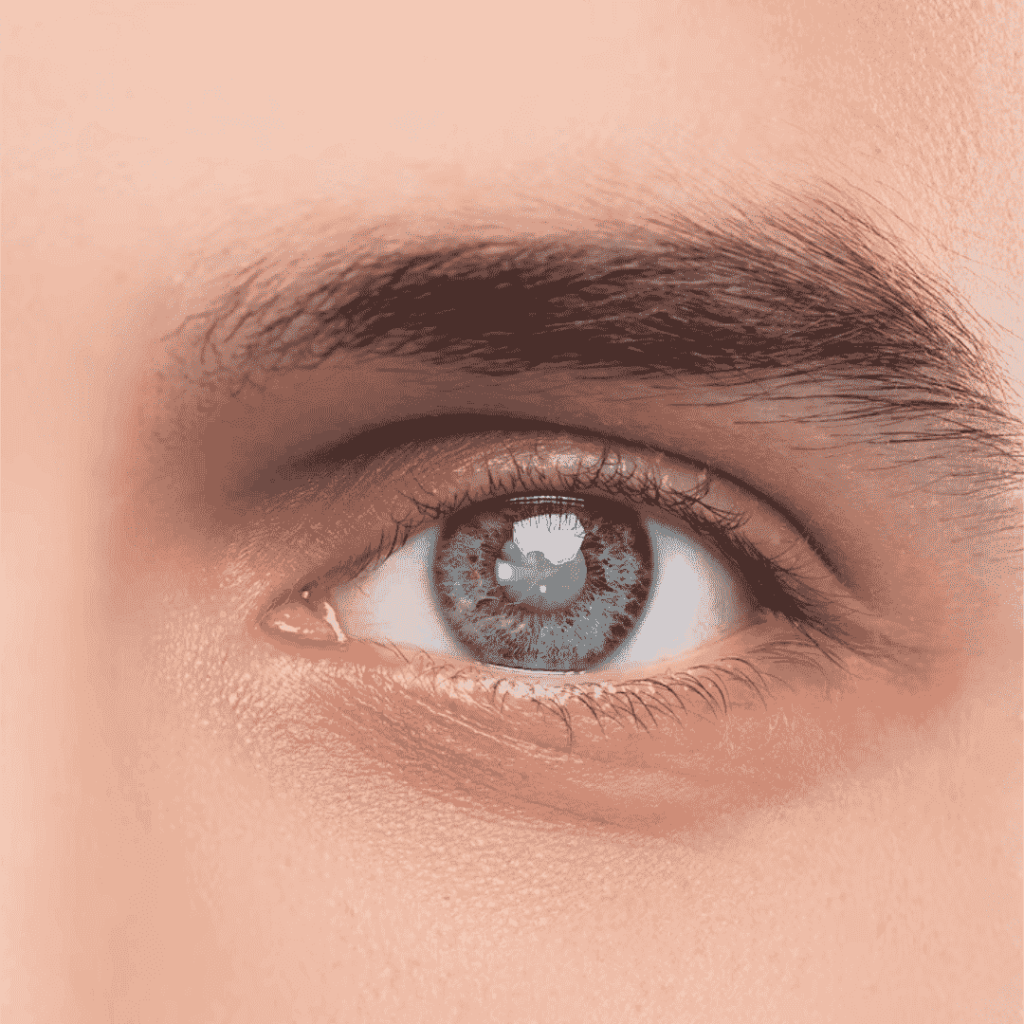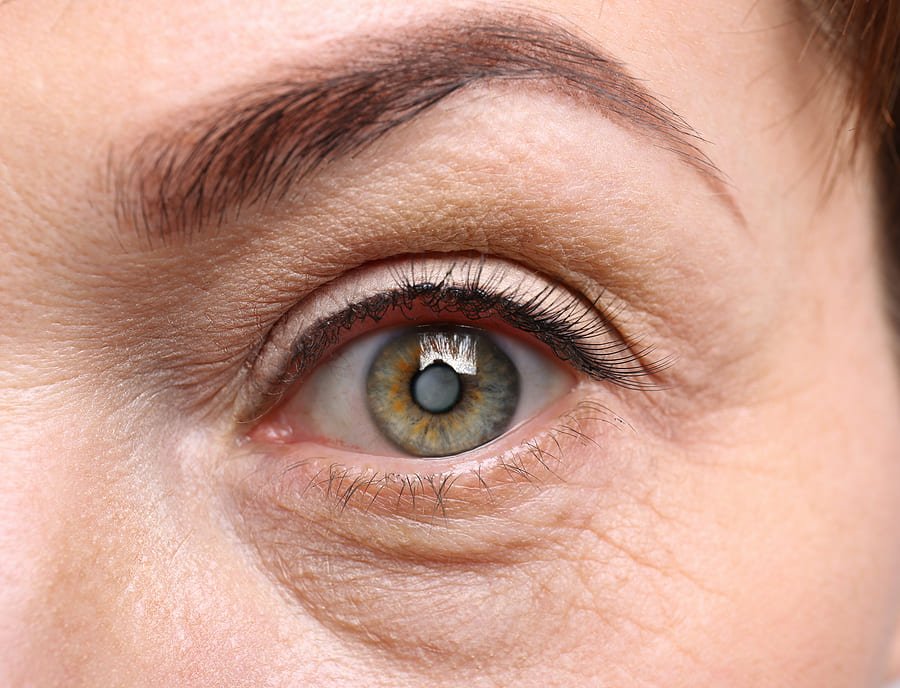
Advanced Cataract Surgery in Dhule
Experience advanced cataract surgery at Shri Ramchandra Netralaya, Dhule's premier eye care center. Trust us for expert treatment and exceptional results.
- Comprehensive Eye Care Services
- Experienced Eye Care Specialists
- Utilizing Cutting-Edge Technology

Normal Eye

Cataract Eye
What is cataract?
A cataract is a common eye condition that causes clouding of the eye’s natural lens, leading to blurred vision and difficulty seeing clearly. It often develops gradually with age but can also be caused by factors like genetics, trauma, or certain medical conditions. Cataracts can affect daily activities like reading, driving, and recognizing faces.
Fortunately, our advanced cataract surgery is a safe and effective treatment option, where the cloudy lens is removed and replaced with a clear artificial lens. With proper care, individuals can regain clear vision and improve their quality of life.
What are the signs of cataract?
-
Blurred or cloudy vision
-
Difficulty seeing at night
-
Sensitivity to light
-
Seeing halos around lights
-
Faded colors
-
Frequent changes in glasses prescription
-
Double vision in one eye
-
Difficulty reading small prints


Book Your Appointment at Shri Ramchandra Netralaya!
What causes cataracts?
-
Aging: Primary factor, proteins break down in the lens over time, leading to cloudiness.
-
Sunlight: Prolonged exposure contributes to cataract development.
-
Smoking: Increases oxidative stress in the eye, accelerating lens damage and cataract formation.
-
Diabetes: High blood sugar levels promote cataract formation by altering the lens structure.
-
Certain medications: Corticosteroids and other drugs can cause cataracts as a side effect over time.
-
Eye injuries or surgeries: Trauma to eye can lead to cataracts.
-
Genetic predisposition: Family history may predispose to cataract formation.

How is advanced cataract surgery performed?
Cataract surgery is a common procedure performed to remove the cloudy lens and replace it with an artificial lens, called an intraocular lens (IOL). It’s usually done as an outpatient procedure under local anesthesia.
The surgeon makes a tiny incision in the eye and uses ultrasound energy to break up the cloudy lens into small pieces, which are then gently suctioned out. The IOL is then inserted into the eye, where it unfolds and replaces the natural lens.
The incision is self-sealing and typically does not require stitches. Patients can usually resume normal activities shortly after surgery. Our advanced cataract surgery is a safe and effective treatment option.
Advanced Cataract Surgery Steps

Instructions for eye patients after Advanced Cataract Surgery:
- Do not rub the operated eye.
- While bathing, pour water below the neck for four weeks, not on the head.
- Do not allow water to enter the eyes; wipe the face clean with a wet cloth.
- Do not sleep on the side of the operated eye for at least two weeks.
- Wear dark glasses for a month to avoid strong light and dust.
- With a clean soft cloth or handkerchief, gently dab the water coming from the eye only after it reaches the cheek, do not put pressure on the eye.
- If the eye becomes very painful or red, see a doctor immediately.
- Do not lift heavy objects or cough strenuously.
- Keep small children away to avoid accidental contact or injury while they play.
- Twice a day, soak cotton in hot water, squeeze it, and then clean the eyes from outside.
- Take your usual tablets for high blood pressure, diabetes, asthma, heart disease, and other conditions as prescribed.
- Take a light diet for 2 days after operation, and avoid solid foods that are hard to chew.
- Patients can walk in the open environment but should avoid crowded places.
- Hands should be washed and wiped before instilling eye drops. Drops should be applied by gently pulling the lower eyelid.
- Apply the eye drops as directed and keep the eye closed for five minutes.
- Do not use a pin/ needle to open a new drop. It should be opened as directed, leaving a gap of 15 to 20 minutes between two drops.
- Avoid watching TV, reading, computer, and cooking for at least 8 days.
- Follow up as advised by the consultant.
- The glasses will be prescribed after a month.
- If the blood thinning pill is stopped before the operation, start it on the second day after the operation.
Book Your Appointment Now!
Opening Hours
- Monday - 9:00 am - 9:00 pm
- Tuesday - 9:00 am - 9:00 pm
- Wednesday - 9:00 am - 9:00 pm
- Thursday - 9:00 am - 9:00 pm
- Friday - 9:00 am - 9:00 pm
- Saturday - 9:00 am - 9:00 pm
- Sunday - 9:00 am - 12:00 pm
